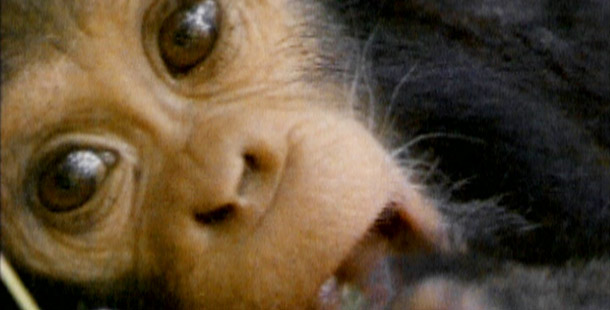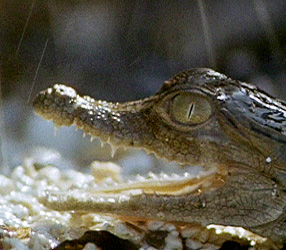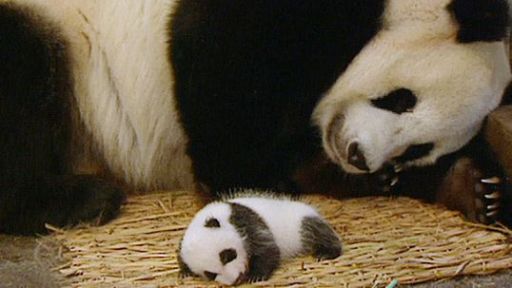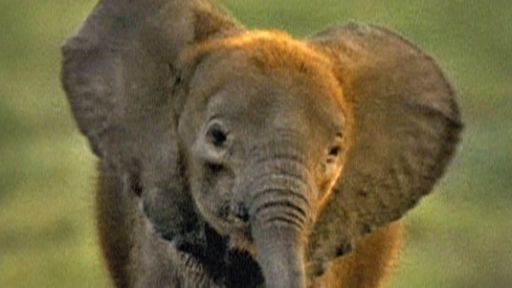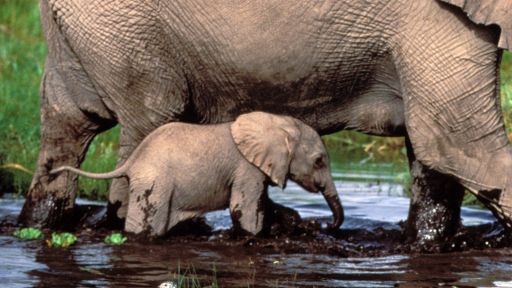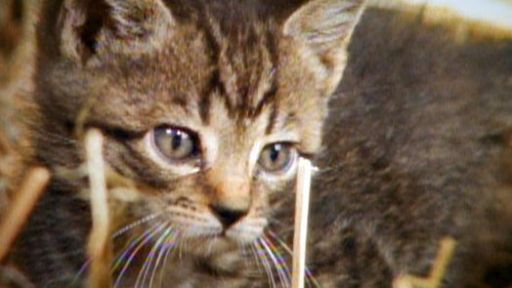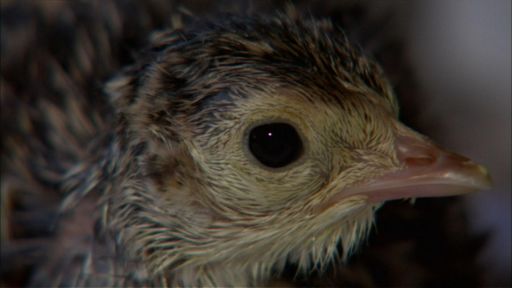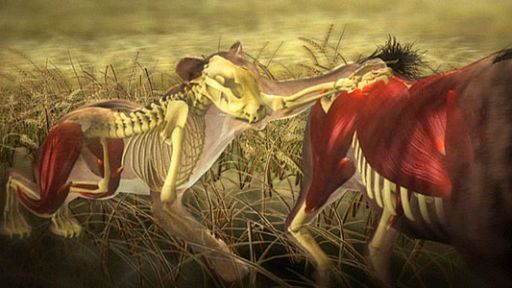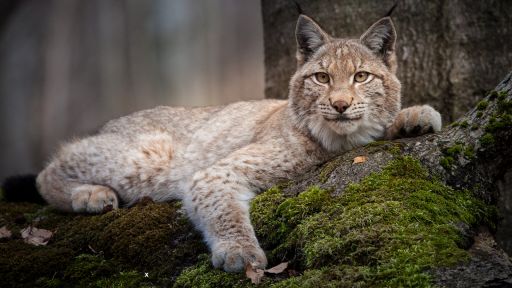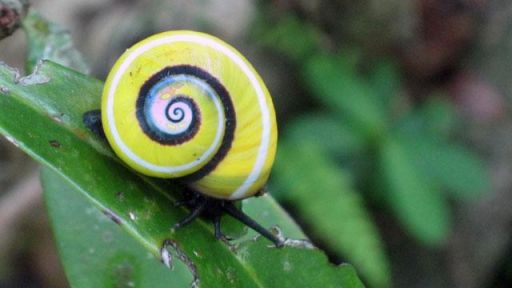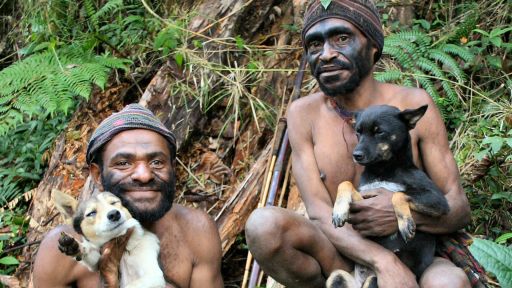We — and every other organism on earth — are only young once. But childhood may be the most important part of our lives, the time when we learn the skills that will help us survive for the rest of our years.
A face that, perhaps, only a mother could love. NATURE’s Baby Tales takes a serious but playful look at childhood in the animal kingdom. There are plenty of cute baby pictures, from the heart-melting face of a trembling calf to the toothy grin of a newborn alligator — a face only a mother could love.
While some — such as chimpanzees and elephants — may spend years with mom or dad, others — such as sea turtles and many insects — never know their parents, and must fend for themselves from the moment of birth.
Exactly how these newborns learn to survive isn’t completely understood. Some important behaviors, such as knowing how to head for the sea and not to climb higher on the beach, are somehow encoded in the animal’s genes. But youngsters also learn how to hunt and defend themselves by watching their parents and siblings. And scientists believe that some animals — from cats to crows — learn important survival skills by just playing.
Yes, that lion cub swatting at its sister, that puppy chewing on a stick, and that group of kids playing tag may be gaining important life experience. The lion, for instance, may be learning how to hunt, while the puppy strengthens its teeth. And the kids are learning important lessons in rule-making and cooperation.
But researchers have long differed on the role of play in a young animal’s life. Many biologists, for instance, once believed that play is not a distinct form of behavior, and dismissed it as a purposeless collection of activities that had no benefit to the animal. Increasingly, however, researchers believe that many animals not only engage in play to learn skills, but because it brings them pleasure and is key to social development
In studies of rats, for instance, Columbia University researcher Susan Brunelli discovered that playful infants made better parents than those that didn’t play. Other studies have shown that cats, rats, and mice that goof around as youngsters have better developed brains and muscles than those who lived more boring lives. Indeed, these animals tend to play the most when key organs and tissues are developing quickly. Other research suggests that play helps youngsters burn off excess energy and weight, and stay cozily warm.
Play helps cement animal relationships. Most animals that exhibit playful behavior are birds or mammals that live highly social lives. Play helps cement their relationships. But some observers believe insects and other invertebrates may play too. The great evolutionary biologist Charles Darwin, for instance, reported in the 1800s that naturalists observed what they believed to be playing ants — tiny crawlers that nipped and chased each other for no apparent reason.
Most modern scientists doubt that playing ants exist. But more recently, researchers have suggested that octopuses might amuse themselves with games. In an unusual experiment, biologists Jennifer Mather of the University of Lethbridge in Alberta, Canada, and Roland Anderson of the Seattle Aquarium gave eight octopuses empty plastic pill bottles. At first, each animal grabbed the bottle and “tasted” it, seeing if it was good to eat. Then, several of the animals began pushing the bottles around with jets of water, with two of them “playing” with the bottles for at least 10 minutes. “If a human were doing this, someone might say we were bouncing a ball,” Mather told reporters.
Of course, it’s hard to know if the animals were amused or just practicing some arcane prey-catching skill. Either way, researchers say its worth paying more attention to how animals — particularly babies — spend their free time. Play may provide “promising evidence of animal minds,” says Marc Bekoff, a leading play researcher at the University of Colorado. It would be unfortunate, he says, “if people decided that just because play was difficult to study, it was impossible to study.”

